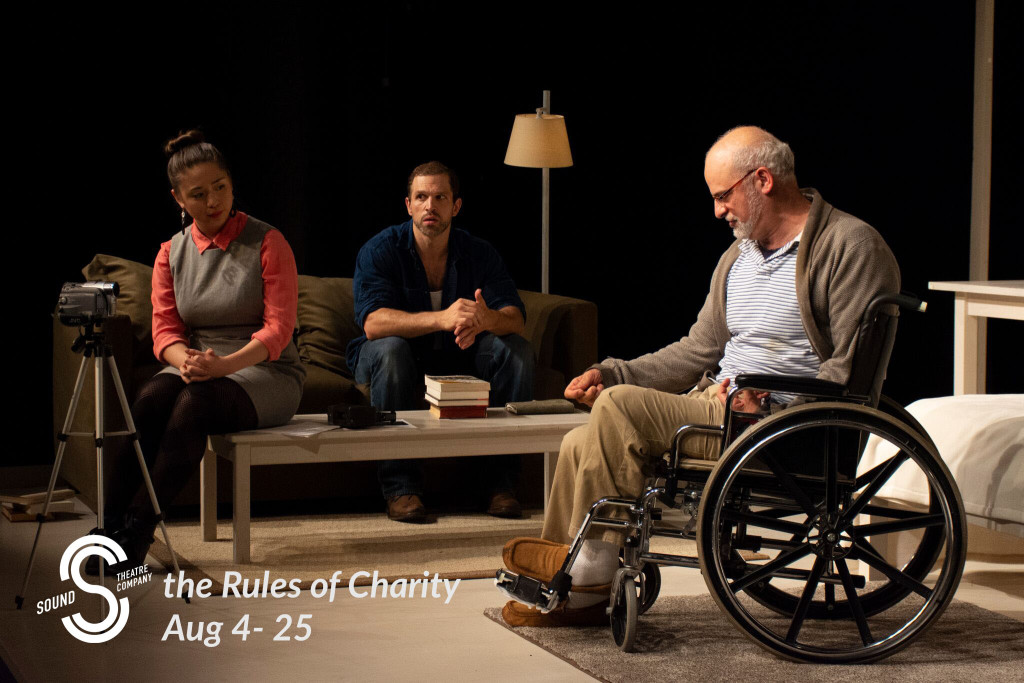Artistic director notes -theresa thuman
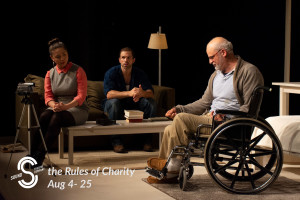 Thank you for coming to this Seattle premiere production of The Rules of Charity and the culmination of our 2018 season THE HUMAN FAMILY: TOWARD A RADICAL INCLUSION.
Thank you for coming to this Seattle premiere production of The Rules of Charity and the culmination of our 2018 season THE HUMAN FAMILY: TOWARD A RADICAL INCLUSION.
We hope that this production begins a conversation. It is an important conversation about representation, authenticity, entrenched ableism and difference in American society. We selected this play, not because it is the definitive “disability culture” play, but because it was a foundational play in 2005 for a conversation that has barely progressed since then.
John Belluso was a prolific playwright and disability activist who launched a form of contemporary theatre that was abruptly cut off with his sudden passing in 2006 at age 36. To appreciate this play, on any level, is to also consider the loss of what he might have written about our world since then. In 2005, we were in two wars, same-sex marriage was legal in only one state, George W. Bush had just been re-elected to the second term of an administration that argued in support of
state sanctioned torture.
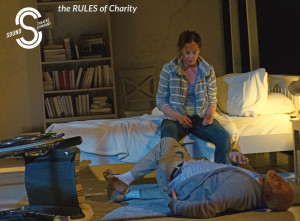 I have heard his hyper-realistic, violent, absurdist plays compared to the work of Sarah Kane, Sam Shepherd, Martin McDonough, Tony Kushner, Tracy Letts and even to the Theatre of Cruelty tradition. But none of these comparisons quite hold up for me. He was truly a unique voice creating scenes that crackle and with an aggressive moral code about how our ablest society twists and perverts our core human relationships.
I have heard his hyper-realistic, violent, absurdist plays compared to the work of Sarah Kane, Sam Shepherd, Martin McDonough, Tony Kushner, Tracy Letts and even to the Theatre of Cruelty tradition. But none of these comparisons quite hold up for me. He was truly a unique voice creating scenes that crackle and with an aggressive moral code about how our ablest society twists and perverts our core human relationships.
As a Seattleite, I have come to recognize that our city has not taken to heart the realities of the disability community. Seattle is a city gaining comfort, albeit slowly, to engage in hard cultural discussions surrounding race and gender. But, unlike some other cultural centers in the United States, disability has been essentially ignored. Tobin Siebers writes in Disability Aesthetics:
“Disability is the master trope of human disqualification, not because disability theory is superior to race, class, or sex/gender theory, but because all oppressive systems function by reducing human variation to deviancy and inferiority defined on the mental and physical plane.”
I propose that the cultural wellspring of lived experience within our own community of artists with disabilities has barely been tapped. British playwright Kaite O’Reilly writes “Disability culture is subversive
and innovative. It embraces all the possibilities of human variety, rejecting the narrow neuro-typical and corporeal notions of ‘normalcy’.” It is with this spirit we launched the ILLUMINATE reading series earlier this
summer. While I grieve the loss of Belluso’s voice in this conversation, I challenge my community of theatre artists to welcome the next chapter of this discussion and move Seattle towards a truly radical inclusion.
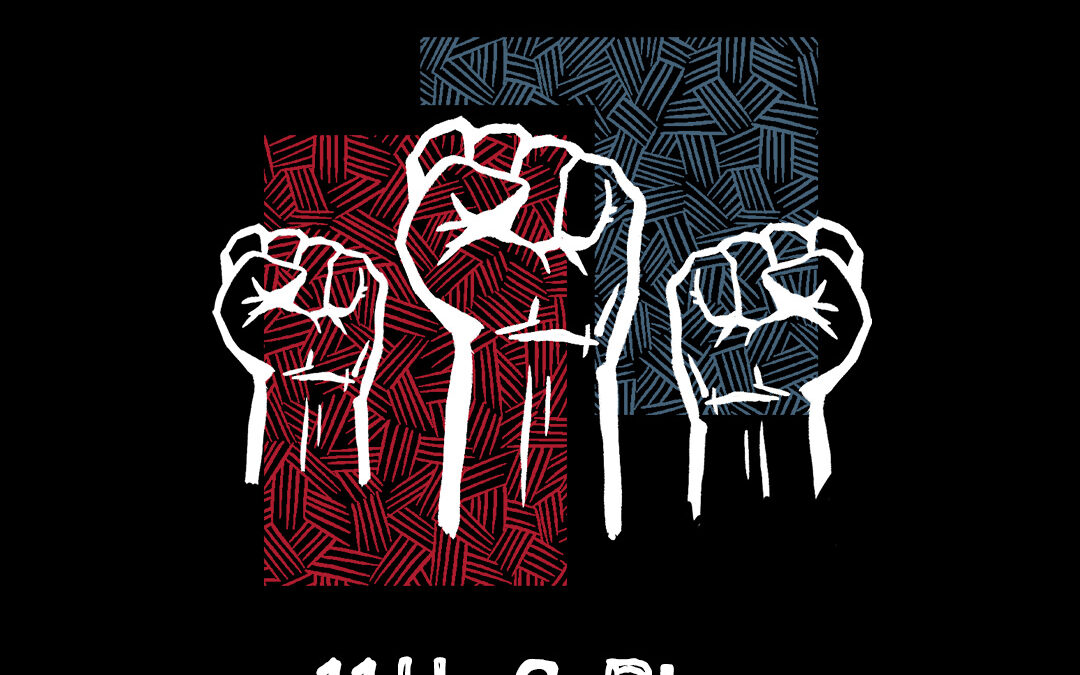
11TH & PINE, A Staged Reading Revisiting the Capitol Hill Occupied Protest
Sound Theatre’s latest presentation hits close to home in 11TH & PINE, Nikki Yeboah’s incisive new play that takes us into the beating heart of Seattle’s 2020 protests.

Introducing Zharia O’Neal, our 2023 Playwright Resident!
Back in October, Sound Theatre Company had the pleasure of announcing our first-ever William S. Yellow Robe Jr. Playwright Resident, Zharia O’Neal.
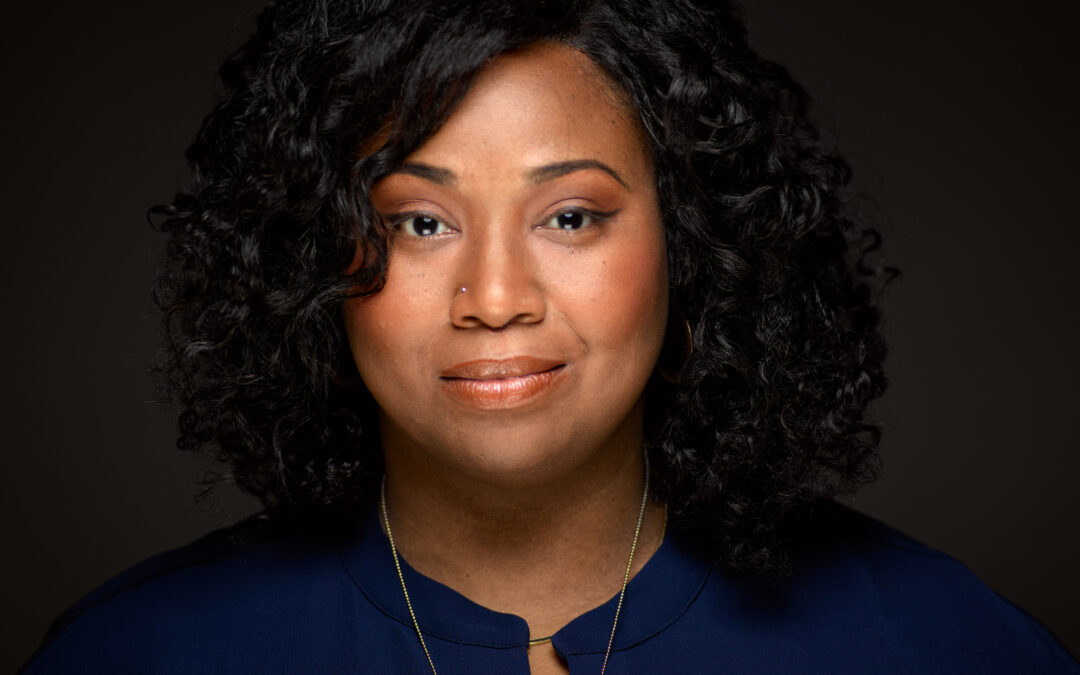
A New Era: Shermona Mitchell Named Sound Theatre Co-Artistic Director
Beginning January 1, Shermona Mitchell will ascend to Sound Theatre’s co-artistic director position, serving alongside founding artistic director Teresa Thuman.

Changer: A Hand Telling Accepted to First Film Festivals
In Fall 2021, Sound Theatre Company and the Changer team headed out to Lower Elwha S’Klallam Tribal land. Four days of filming and a whole bunch of learning later, we ended up with the footage that would eventually become a feature film.
